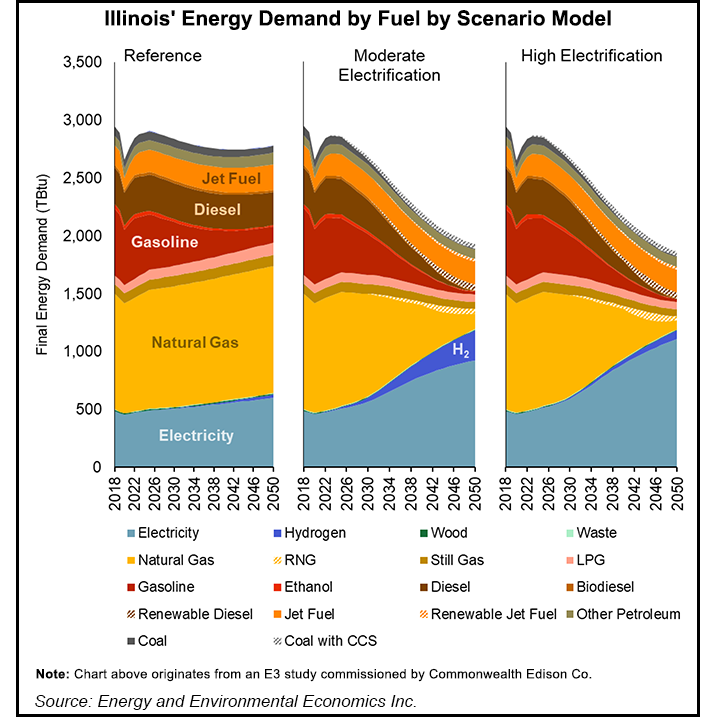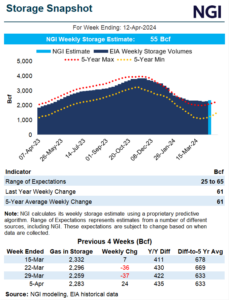Natural Gas Prices | Energy Transition | NGI All News Access | Shale Daily
Chicago’s ComEd Seeking Four-Year Electricity Rate Increase to Bolster Electric Grid
© 2024 Natural Gas Intelligence. All rights reserved.
ISSN © 1532-1231 | ISSN © 2577-9877 | ISSN © 2158-8023 |



